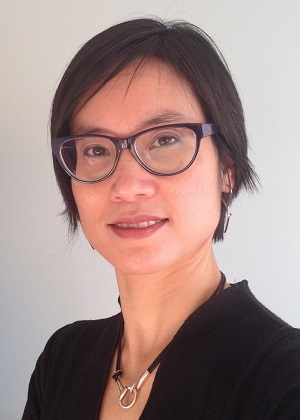Finding ways to combat the most difficult infections

For decades, we have relied on antibiotics to control and eradicate bacterial infections; when such therapies fail, the consequences can be devastating. The bacterial species Pseudomonas aeruginosa is notorious for causing chronic infections that are extremely difficult to clear with currently available antibiotics. P. aeruginosa takes advantage of opportunities such as cuts and burns to cause difficult-to-treat skin infections, and it infects the lungs of people with cystic fibrosis or other vulnerable individuals such as patients on ventilators.
Driven by the desire to understand how bacteria cause infection and to find solutions to overcome treatment failures, Dr. Dao Nguyen, an Associate Professor at the University of McGill’s Faculty of Medicine and Health Sciences, is studying chronic infections that withstand antibiotic treatment. Unlike typical antibiotic resistance, which develops when bacteria pick up resistance genes from their neighbors or develop genetic mutations, P. aeruginosa seems to have found another way of tolerating antibiotics. When these bacteria grow under certain conditions, they become “indifferent” to antibiotics, a phenomenon termed antibiotic tolerance.
With the support of CIHR funding, Dr. Nguyen explains that she and her group “want to understand the mechanisms of antibiotic tolerance to identify ways to re-sensitize tolerant bacteria and render them more susceptible to antibiotic killing.”
Dr. Nguyen and her team recently demonstrated how P. aeruginosa remodels its cell envelope in response to stress and thus becomes less permeable to antibiotics. They have identified certain cellular functions involved in this envelope remodeling which could be vulnerabilities that one could exploit to design more effective antibiotics. The long-term goal for Dr. Nguyen and her team is to help develop the next generation of antibiotics that will target the most difficult bacterial infections, which will help to save lives.
- Date modified: